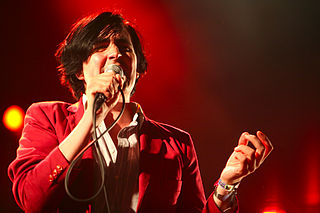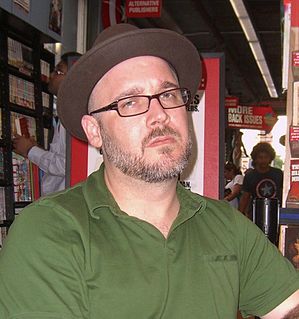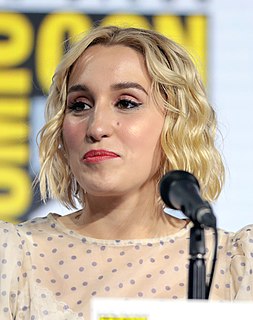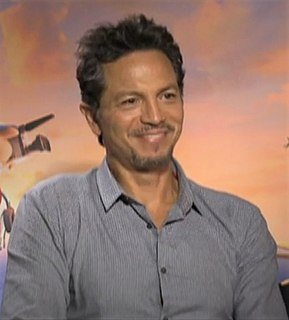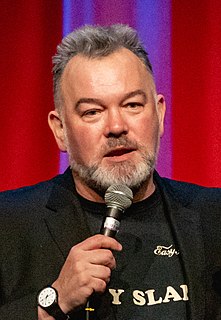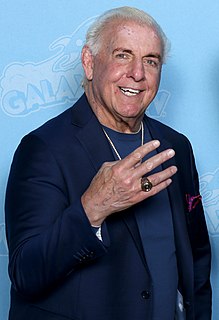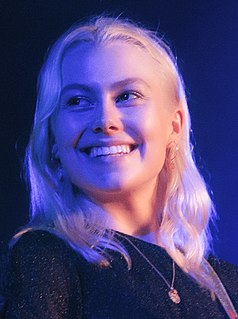A Quote by Eddie Argos
All our songs are about real people, true events. We do write about DC Comics and things like The Replacements. It's pretty much good conversations that happen at Art Brut shows. It's like making friends - like a Wanted ad: "Man that likes the Replacements and DC Comics wants friends to drink with at venue tonight. Who's coming?" It's like that.
Related Quotes
The good part of what comics trains you to do is it trains you - especially if you've worked in mainstream comics like Marvel and DC, or if you're just doing your own independent comics - to compartmentalize things and work on multiple things at the same time. And that's a skill that is incredibly handy in Hollywood, because within the first year that you get here, you realize there's a reason why every successful person in Hollywood has like seven or eight projects up in the air at any point.
I'd quite like to write a book about comics, actually. But trying to write about comics as literature, which I don't think anyone's really done before. Sometimes they're more like fan books, and I'd quite like to write one about the Marvel universe over the last 50 years. It's an unprecedented achievement to create that length of continuity.
I had done a couple TV pilots, and a friend of mine wanted to leave comics and come work in Hollywood, and I said, "Well, you've got to understand that when you sell a TV pilot, imagine if you turned in the best issue of Batman ever, and DC was like, 'Well we love this, but we can't publish it because we have to publish this other thing by this other person." The odds are really long on getting anything made, so if you come from comics and you're still making a living in comics, that really helps because you're not desperate for someone's permission to write for a living.
To journalists my move from comics to films to best-selling novels was resembling those little evolutionary maps too much, where you see the fish, and then it can walk, and then it's an ape and then it gets up on its hind legs and finally it is a man. I didn't like that. I didn't like the fact that there was something rather amphibious about me - at least in their heads - back when I was writing comics. So I like continuing to write comics, if only because it points out that I haven't just started to walk upright or left the water.
When I was a kid, back in the '40s, I was a voracious comic book reader. And at that time, there was a lot of patriotism in the comics. They were called things like 'All-American Comics' or 'Star-Spangled Comics' or things like that. I decided to do a logo that was a parody of those comics, with 'American' as the first word.
